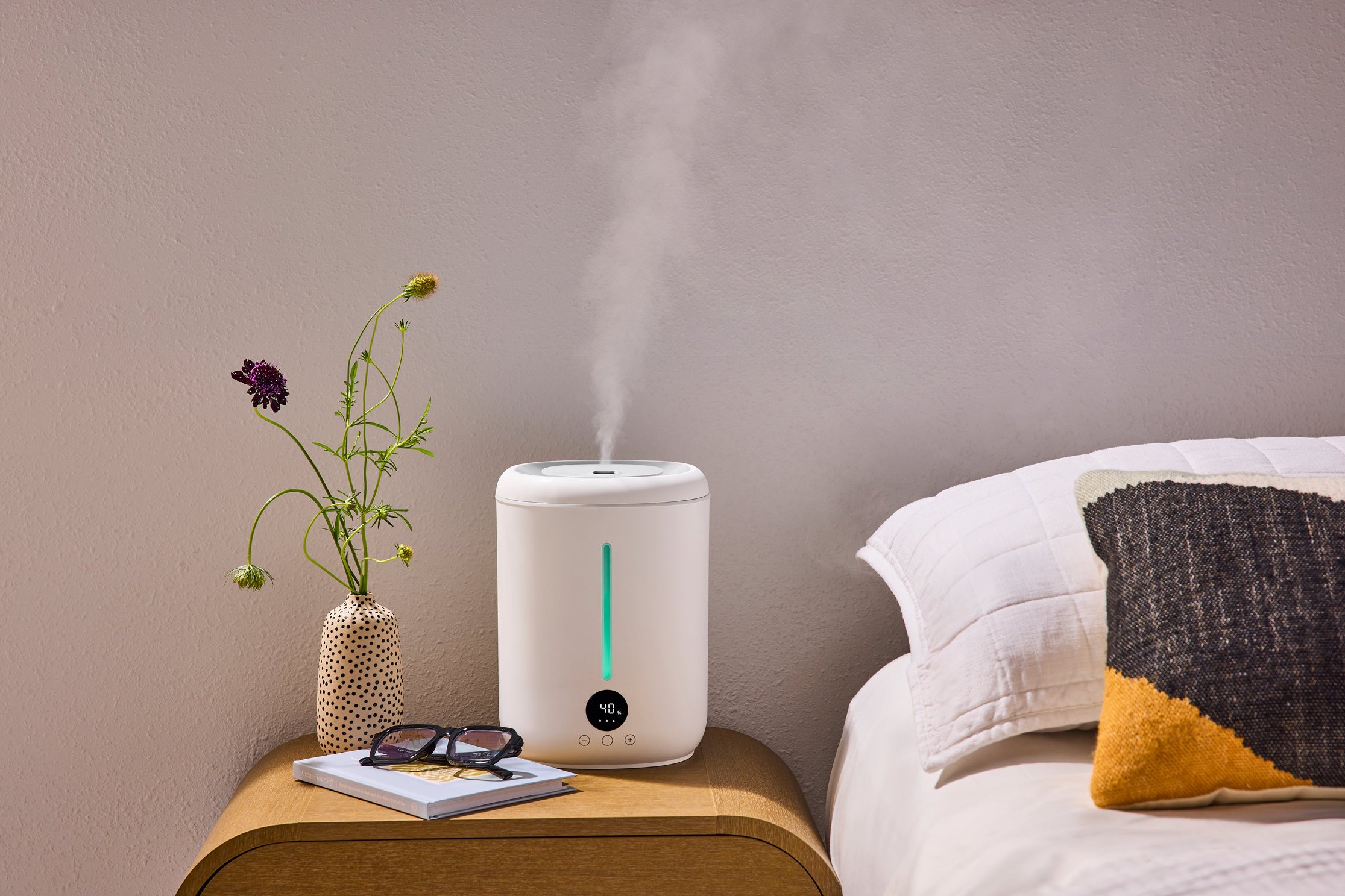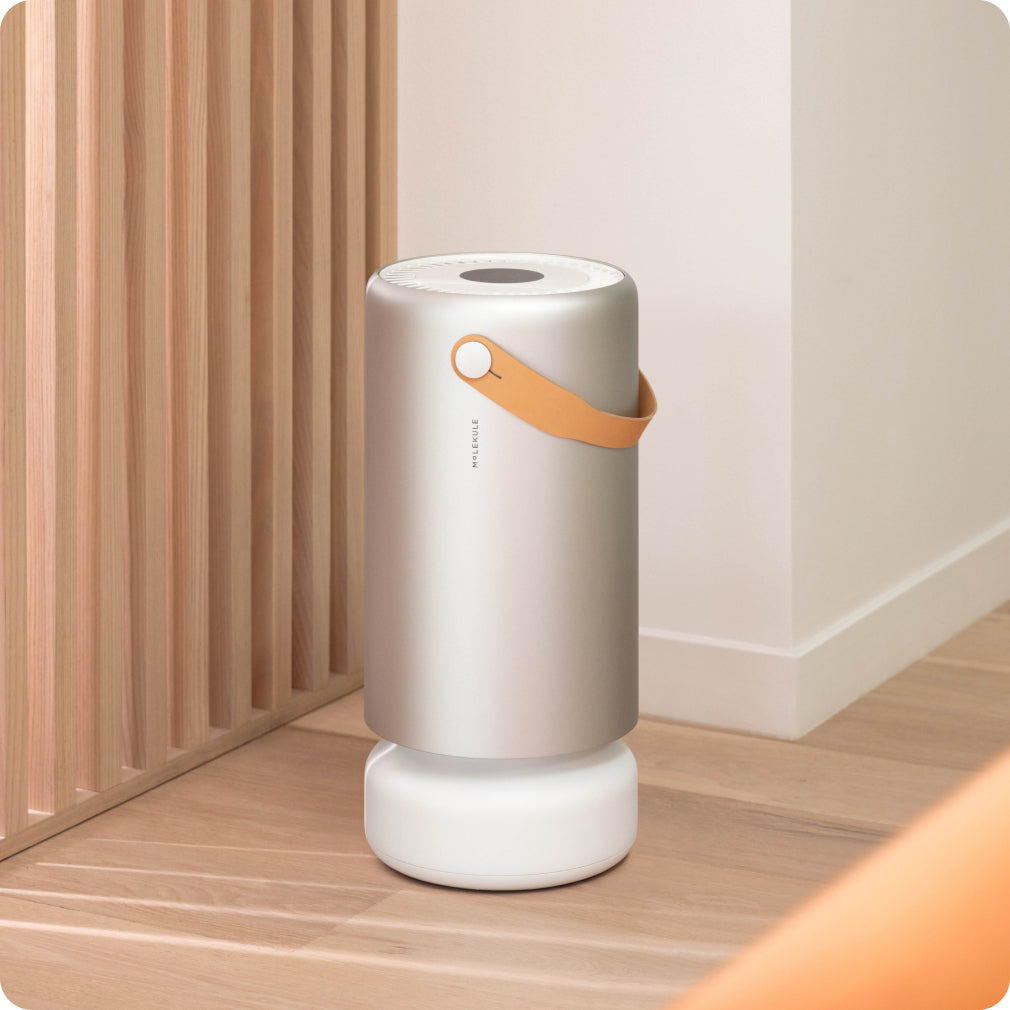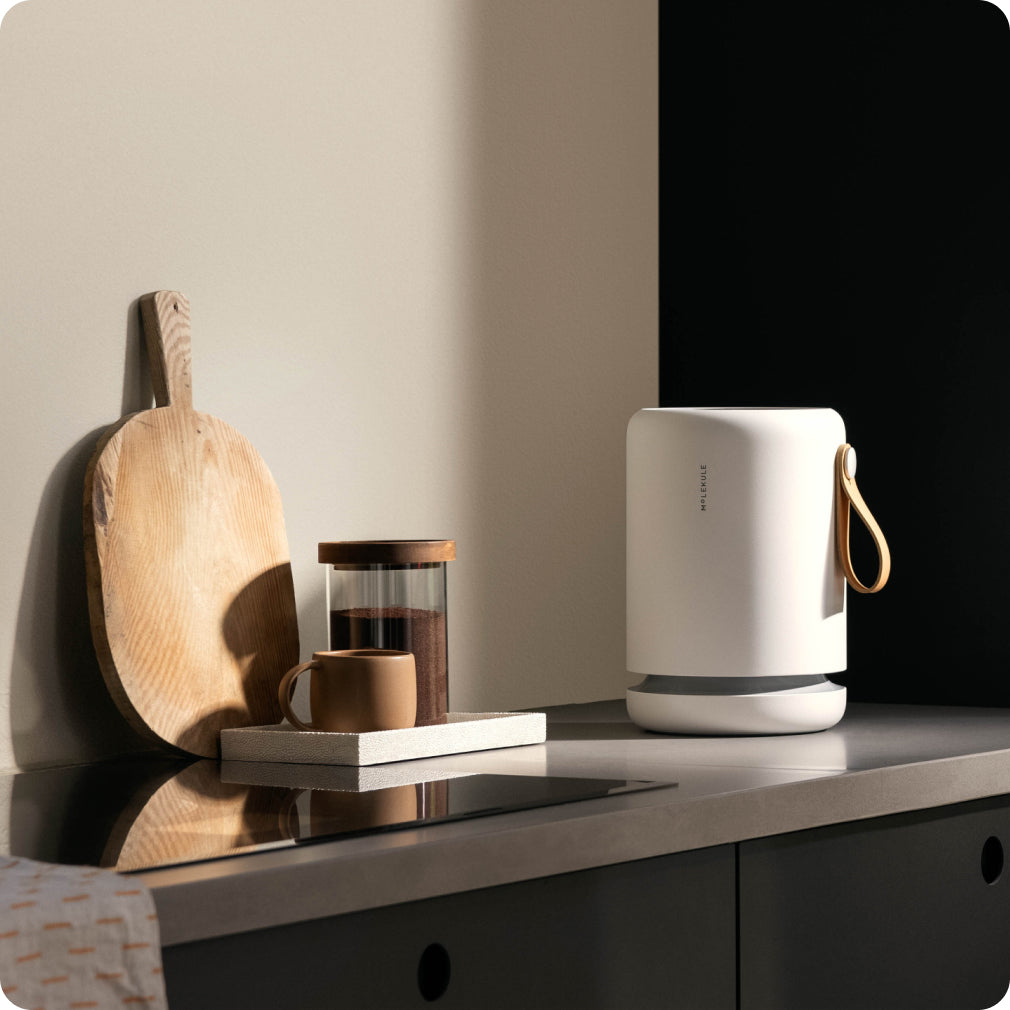As we approach the holidays, the usual end-of-the-year festivities are again clouded by concerns about the pandemic. The U.S. Centers for Disease Control and Prevention (CDC) is continually updating their guidelines for safe holiday travels and get-togethers. If you are having trouble keeping up, you are not alone.
Fortunately, many holiday safety best practices are evergreen. Whether you are traveling to see loved ones, hosting an in-person holiday gift exchange, or celebrating virtually, you can take steps to care for your health and safety this holiday season.
Take COVID-19 Precautions During the Holidays
For many, the holiday season means getting together with friends and family from different households, states and even countries. When you start making your holiday plans, the CDC’s county-level tracker can help you get an idea of the level of community transmission in different parts of the country. This tracker, coupled with up-to-date expert guidelines, can help you decide on safety measures for your gatherings this holiday season.
If you are gathering with people from different households, it is safer to get together outdoors than indoors, according to the CDC. If spending time outdoors is not an option, try to open some windows and doors to increase indoor ventilation. Pointing a fan at an open window can help blow air out, causing fresh air to be pulled in through other open windows.
Here are some additional guidelines from the CDC:
- Bring a mask with you. Everyone older than two years who is not fully vaccinated should wear a mask over their nose and mouth while in indoor public spaces. If you are in a community with substantial to high COVID-19 transmission, you should wear a mask even if you are vaccinated.
- You do not generally need to wear a mask outdoors, but you may want to put one on when an outdoor area gets crowded.
- Consider gathering virtually if safe, in-person celebrations are not possible.
- If you are sick or experiencing symptoms that may be caused by COVID-19, stay home. Get tested If you have come into contact with someone who has COVID-19 or you think you may have it.
- Talk with your friends and family about safety guidelines well in advance of your gathering. Making sure people are on the same page and comfort level will help you enjoy the moments you spend together.
- If you are eligible and you have not done it yet, get vaccinated. This will not only protect you, but it may also protect others you will see this season — such as young children — who are not able to get the vaccine.
- If anyone at your holiday gatherings has a weakened immune system, consider taking additional precautions (such as wearing a mask even if you are vaccinated) to help protect them.
If you need a boost of holiday spirit this season, the CDC suggests walking or driving through your neighborhood to view decorations and greet your neighbors from a safe distance. Also, consider looking for ways to help others in need by donating your time, presents or food.
Care for Your Mental Health
The holidays often bring up a lot of conflicting emotions. While you may be excited to see your loved ones, the stress of cleaning, travel, meal preparations and entertaining can keep you from looking forward to your holiday gatherings. This time of year can also bring up feelings of sadness, loneliness and anxiety for many people.
With your focus pulled in so many directions, prioritizing your mental health is more important than ever. These five helpful tips may help you minimize stress, live in the moment and enjoy yourself this holiday season.
1. Check in with your emotions.
Give yourself the time and space to acknowledge and experience your feelings — both the pleasant and not-so-pleasant ones. Unfortunately, avoiding uncomfortable emotions does not make them go away. Instead, work to understand the different emotions you experience around this time of year. Journaling, mindfulness meditation and breathing exercises can help.
2. Reach out to others.
Connecting with the people you care about can help quell feelings of loneliness and stress that come up during the holiday season. You are not the only one that may be feeling a little off right now. Ask for help when you need it, and check in with your loved ones to give support as well.
3. Set realistic expectations.
No matter your traditions, you may find yourself feeling like you do not have enough time, money or know-how to create the “perfect” holiday gathering. This holiday season, try to be understanding of yourself and others. Remember, everyone is doing their best (and that includes you). Time with your loved ones is valuable, no matter where you are, what you eat or how many decorations are in the room.
4. Avoid overbooking.
Though holiday parties and traditions may still look slightly different from those in 2019, they still take up valuable time and emotional energy. Check in with yourself and others in your household before making new commitments. It is perfectly okay to decline holiday invitations, especially if you notice yourself or your family starting to feel overwhelmed.
5. Make time for self-care.
Though the holiday season can seem like a whirlwind of events and obligations, it is not the time to neglect self-care. You can care for your mental and physical health by eating healthy in between food-centered celebrations, prioritizing sleep, squeezing some exercise into your daily routine and giving yourself the chance to pull back and spend time alone as needed.
Holiday Travel Safety Tips
Travel typically picks up around the holidays and, unfortunately, so do car accidents. With more people on the road — often sleep-deprived, rushed or even under the influence — careful, attentive driving is essential to prevent crashes, injuries and deaths.
If you are planning on traveling this holiday season, be prepared for crowded travel conditions, such as packed airplanes and traffic jams. In addition to practicing patience while you travel, follow these tips to stay safe while you are on the road (or in the air):
- Make sure everyone in your vehicle wears their seatbelt;
- Get plenty of sleep the night before a long drive;
- Avoid distractions, such as cell phones, while driving;
- Check the weather conditions before you travel, and slow down if snow or ice make driving difficult;
- Scope out your route ahead of time;
- Have a designated sober driver or use a ride service if you have been drinking;
- Perform any needed car maintenance, including changing your oil and airing up your tires, before your trip;
- While in public, whether at a gas station or airport, exercise COVID-19 precautions appropriate for your vaccination status and the level of community transmission;
- Wear a mask at all times while on an airplane or other mode of public transportation.
Decorate Safely This Holiday Season
Seasonal decorations can be one of the most magical parts of the holiday season. However, without proper care, they can easily become a safety hazard. Avoid fires, injury and other decor-related mayhem with the following tips:
- If you light a candle, keep an eye on it. Lit candles cause about 20 home fires each day, and you do not want to be one of them. Battery-operated candles can be a great, safe alternative to real fire. However, if you decide to use real candles, make sure they are out of reach of children and pets, and away from any flammable materials.
- Do not light a fire in your fireplace if you have stockings or other flammable decorations hanging from the mantle. Make sure the flue is open before lighting a fire, and keep a screen in front of the fireplace while the fire is lit.
- Putting up string lights this holiday season? First, check all the cords to make sure none are broken or frayed. Then, check that your outdoor decorations are designed for outdoor use. Make sure all decorations are fastened securely with insulated hooks or nails, and avoid stringing more than three cords of lights together per extension cord. Lastly, remember to unplug lights at night and when you leave home.
- When using a ladder to hang decorations, make sure it is stable before climbing up. If possible, have another person hold the ladder to steady it while it is in use.
- If your household puts up a tree during the holidays, take steps to keep it from becoming a fire hazard. For artificial trees, this means looking for one with a fire-resistant label and setting it up away from any heat sources, such as fireplaces and radiators.
- If you use a live Christmas tree, make sure it is fresh. You can do this by bending the needles between your fingers to see if they break (they should not). A shower of falling needles can also indicate that a tree is not fresh. Fresh trees are green, and the end of their trunks will often have sticky resin. After you pick out a tree and take it home, set it up in a water-holding stand with a wide base.
The holidays are supposed to be a time of joy and celebration, but they can become a lot more complicated than the stories in our favorite holiday movies. A little care, patience and understanding (both for yourself and your loved ones) can go a long way in helping everyone travel and gather safely and happily this holiday season.







